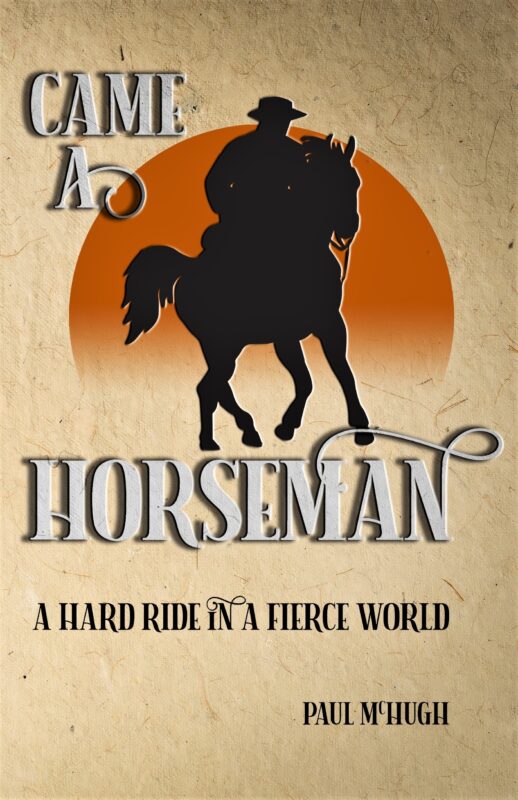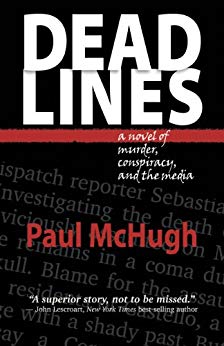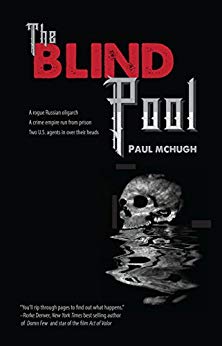
If writers were awarded a nickel every time they were asked, “So, what’s your process?”, they could probably retire to a lovely Greek isle and never need to scribble another line in their lives.
From the outside, writing—particularly when it results in good storytelling—can look like a magical endeavor. And, in truth, it IS magical. However that still doesn’t mean anything about it is easy. A stick never gets transformed into a wand by anyone’s mere whim.
Anyhow, the real question a reader or a wanna-be writer asks when he or she inquires about your process is: How can I make it easy? And the only genuine answer to that is: Well, sorry, it’s not easy, and it never shall be.

The magic of writing is that it uses language as an incantation, one that summons an imagined world into life in a manner that can appear at least as vivid as the existence that your readers and fellow writers already lead in the flesh. If not yet more so. Consider it that way, and you can see why pulling this act off in a convincing manner might be a tough assignment.
A good story must model the world, while also saying something perceptive, interesting, arresting, persuasive, or cathartic about it. And if you find yourself unable to charm your prose into achieving any such goal, why should you fantasize that anyone would ever wish to read it?
Indeed, why should you yourself even expend a shred of time or trouble attempting to write it?
That could be a pure waste of your precious time, buddy, especially when there’s dishes to wash or laundry to fold! And y’know, that shaggy lawn out there is not going to mow itself…
HUSTLING MISTER HUXLEY

I last chatted about “process” in a newsletter three years or so back. (See, https://paulmchughbooks.com/2019/09/ever-dream-of-writing/ ) In that essay, I note that the tricks other writers use to crank up a session (drink two cups of coffee, sharpen three pencils, start at precisely 8 a.m. and go for two hours, hit a word count of a thousand or two, etc. etc.) may work for some, but a decent trick for one scrivener might never work for another. “There’s no way that writers can bestow proficiency upon other people by sharing a mere start-up ritual,” I wrote. “Flagrant imitation might indeed confer short-term results. But devotees shall find themselves soon running out of that itsy-bitsy droplet of loaner fuel.”
The real secret is that there are no secrets. Progress on the path is made simply by putting one foot in front of the other. Yeah, sure, it can be a slog. Well, tough cheese.
One of my favorite variations on this theme is an anecdotal account of Aldous Huxley, challenged after one of his readings by a young man who asked Aldous to impart his secrets for successful writing. “Get a ream of a paper and pen,” Aldous tells him, “enter a room, close the door and go at it.”
But this young fan remonstrates and persists, “Oh come on now, everyone already knows that part. Surely there must be some shrewd hint you can offer a beginner like me about how to take the next step, and truly begin to imagine a worthwhile story.”

Either the guy managed to wear Aldous down, or perhaps the illustrious author was a tad off his guard or his game. Or maybe he’d been hitting the sherry a bit too hard just before their encounter. In any case, he actually does wind up bestowing a tip. “All right,” he says. “Into that room, I want you to bring three cats. Two males, and one female. Then sit and watch them.”
RESPIRATION’S RHYTHM
In the spirit of Aldous, and in a burst of uncharacteristic generosity on my part, I’d like to offer my own real and personal tip. But first—lest I disappoint—allow me to admit that I own no start-up ritual of any sort. I simply plop my ass down and scribble at every available opportunity.

However, I DO indulge in a preferred rhythm that seems to nurture my practice of the craft. It works like this: I alternate bouts of heavy exercise with my sedentary desk time. All my sessions at the desk seem quite similar, while the periods of more physical pursuits can vary widely.
One useful set-up can mean getting up in the wee hours, arriving at a surf break at sunrise, riding waves for an hour or so, returning home for a hot shower and a nap, then heading into the home office to spend as much time as I can pounding the keyboard.
Another favored procedure is to position myself at a downhill ski area just before the lifts crank up, hit the slopes in an avid search for steep groomers or untouched powder and ski until my legs start to quiver. I’ll follow that by gobbling a bowl of chili in the lodge, followed by a long session on my laptop whenever and wherever I find myself able to plug it in.
Or maybe the make-my-body-real break could be an hour of hill running or of lap swimming.

Readers of my most recent newsletter know that I also have launched some house improvement projects, and these do just fine at providing physical exercise sessions. Go up and down a stepladder a hundred times in a day, and a trip to the gym starts to seem fairly superfluous. (Not that I ever go to gyms anyway; I prefer all of my workouts out-of-doors.)
So, how does this help with writing? I’d say, first off, it offers carrots in both directions. Sit long enough in a desk chair, and romping around outside seems wonderfully attractive. Tire yourself out lifting plywood and banging nails, battling large ocean swells, or zooming down black diamond runs, and sequestering yourself in a nice, warm, quiet home office begins to take on dimensions of delight.

Beyond that, getting the blood moving through one’s body helps to keep the blood moving through your brain. From an early age, I refused to buy into the mind/body split that seemed to be a cultural motif. That attitude has lingered on even today in ignorant notions like, “Jocks are dumb,” or “Academics are wimps.” I never could quite grasp why Charles Atlas had to be a bonehead. To me, keeping fit and earning a degree looked like equal parts of precisely the same project: getting a life.
Amid my teen years, when I was confined in a seminary as I studied for the priesthood, I received many quizzical glances from members of our clerical faculty—that is, when I wasn’t getting bombed with outright criticism by them. None could understand why I might want to lift weights three or four times a week. How the hell did that help me to pray? How could it ever help me to preach? Was not such activity: a) selfish b) arrogant c) materialistic d) all of the above. Why invest so much time and energy in cherishing my doomed body instead of saving my eternal soul?

But again, try as I might—and I did try to understand where they were coming from—I was never able to see body and soul as separate entities. Indeed, I steadily intuited them as united, entwined, like the serpents of a caduceus. Hey, if that’s good enough for a messenger for the gods like Hermes Trismegistus, it’s good enough for me.
MODALITY OF THE MASTERS
And so it is with my writing. This sacred artistic pursuit, to seek to render life in words, I can in no way ever see as separate from striving to live this life itself. Experiences nurture the work, while the work guides and directs me through my experiences. Before I travel, I like to ask myself, what might I be able to learn at this destination that will help me tell a story?
In fact, I feel much the same way about all trips, short or long, but especially the big ones. Should I ever find myself standing before those mythic pearly gates, here’s how I plan to respond to a challenge from the Recording Angel: “Ah-h, what’s my excuse? Well, it was all done for research, you see.” Because I’ve found that one needs to live through quite a few stories, in order to grow better able to tell any of them.









